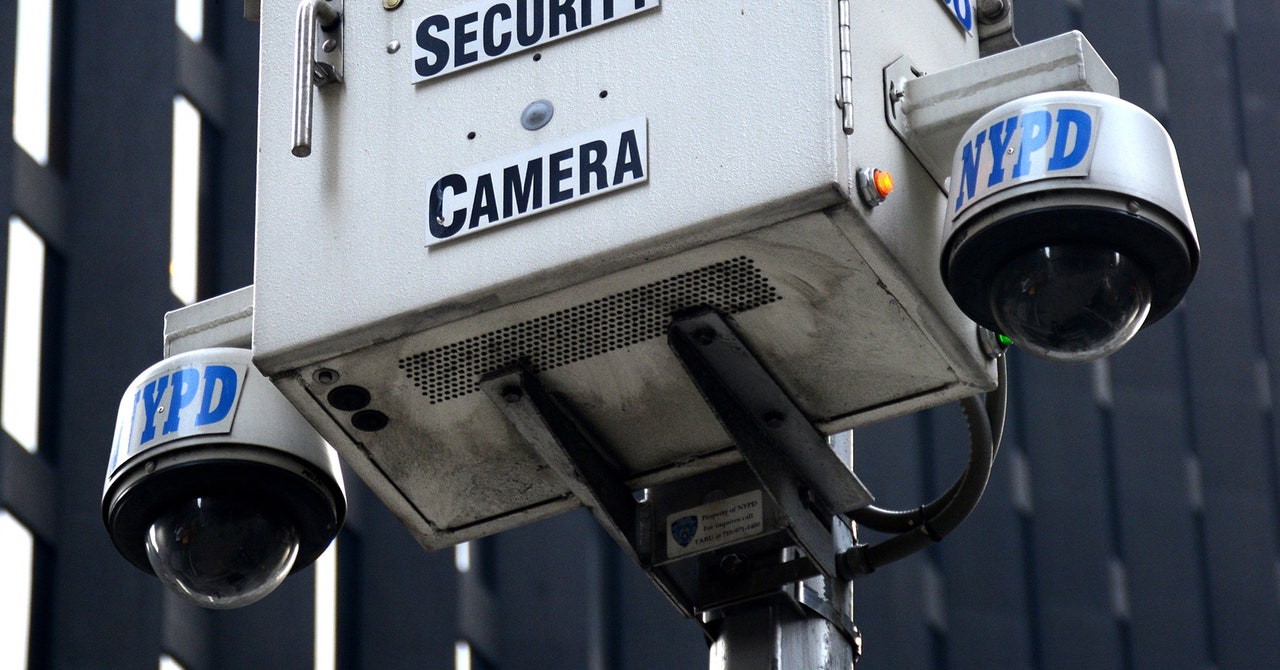This week IBM, Amazon, and Microsoft all said they would halt sales of facial recognition to US police and called on Congress to impose rules on use of the technology.
A police reform bill introduced in the House of Representatives Monday by prominent Democrats in response to weeks of protest over racist policing practices would do just that. But some privacy advocates say its restrictions aren’t tight enough and could legitimize the way police use facial recognition today.
“We’re concerned,” says Neema Guliani, senior legislative counsel for the ACLU in Washington, DC, citing evidence that many facial recognition algorithms are less accurate on darker skin tones. She urges a federal ban on facial recognition “unless and until it can be used in a way that respects civil liberties;” Guliani says it’s not clear that that is possible. Last year several cities, including San Francisco, banned use of the technology by government agencies.
The proposed Justice in Policing Act would, among other things, tighten the definition of police misconduct and ban chokeholds like the one that killed George Floyd in Minneapolis last month. It is sponsored by senators Cory Booker (D-New Jersey) and Kamala Harris (D-California), and representatives Karen Bass (D-California) and Jerrold Nadler (D-New York). A five-page summary of the bill’s main provisions doesn’t mention that it includes what could become the first federal restrictions on facial recognition technology.
None of those rules directly limit what a sheriff’s office or city police department could do with facial recognition.

One part of the bill requires that federal uniformed officers, such as FBI agents, wear bodycams and use dashcams in marked vehicles. It states that facial recognition cannot be built into these devices, or used to scan bodycam video in real time, for example to spot persons of interest in a crowd. To apply facial recognition to bodycam footage federal agents would need to secure a warrant after convincing a judge the information is “relevant to an ongoing criminal investigation.”
Another provision specifies that police departments using federal grants to buy or rent bodycams must adopt policies on the use of facial recognition on footage from the devices, including securing a judge’s approval and only deploying it in cases of “imminent threats or serious crimes.”
Jameson Spivack, a policy associate at Georgetown’s Center on Privacy and Technology, says those restrictions wouldn’t affect man

